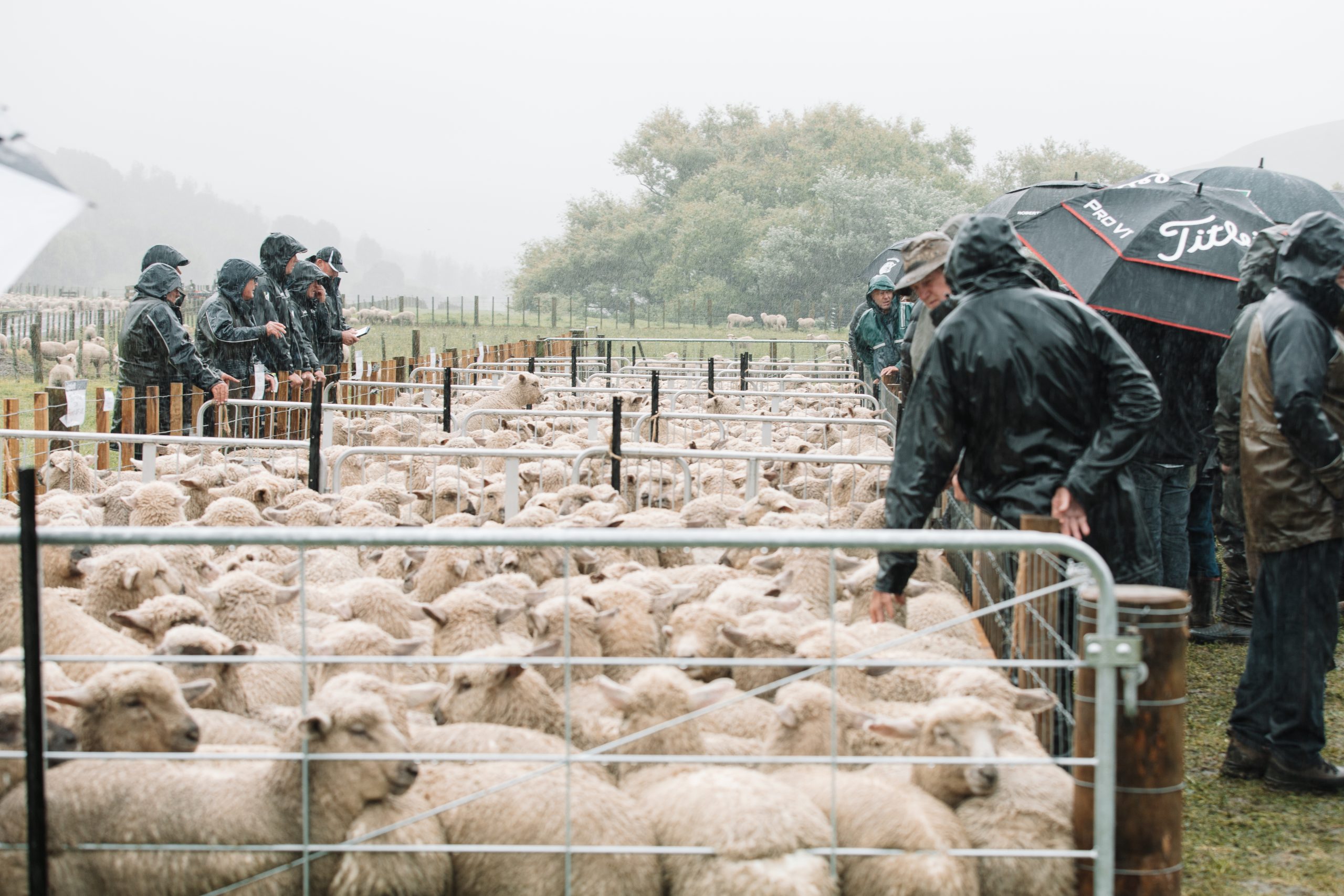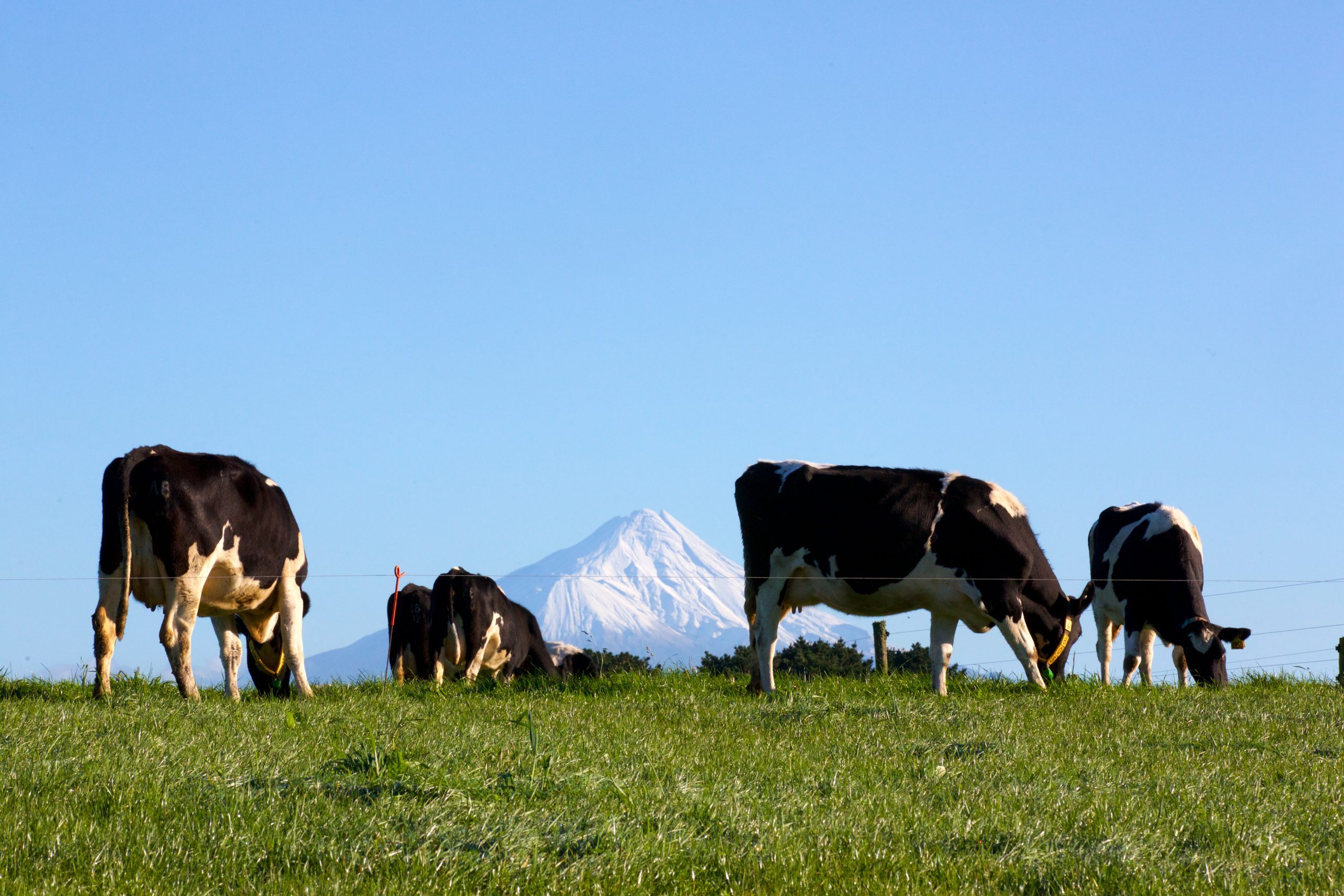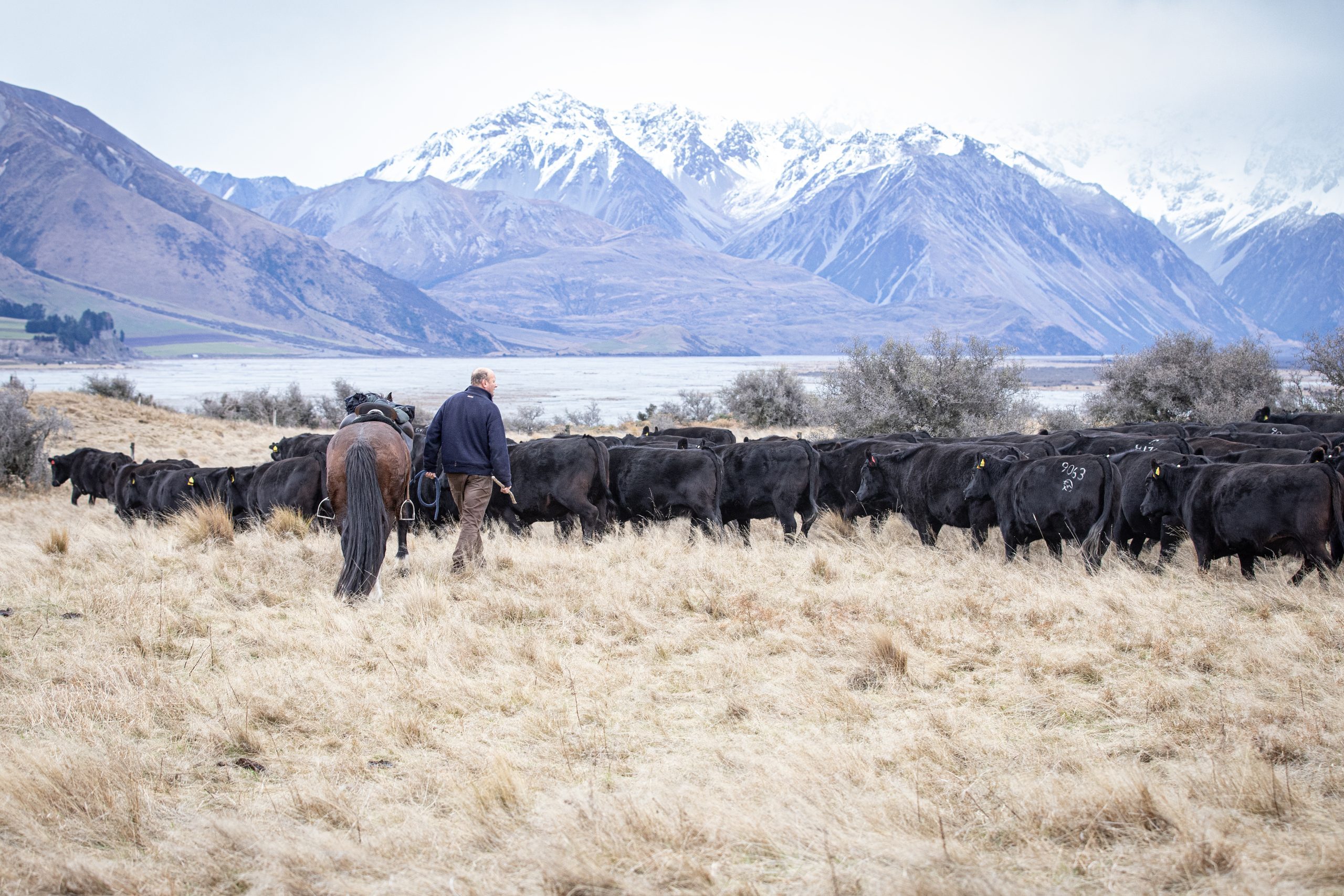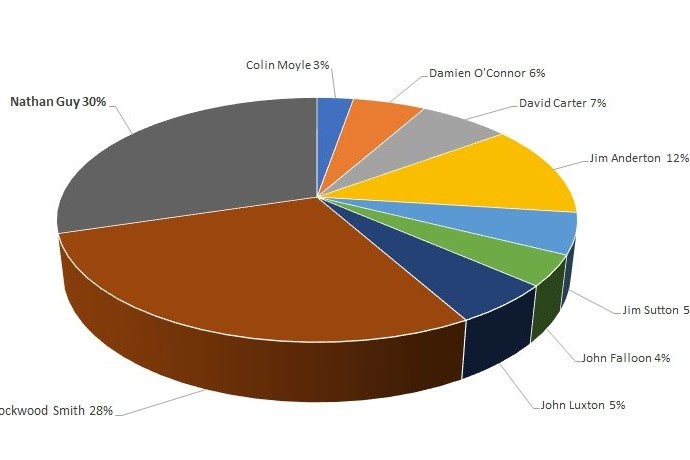A tough choice to make
After two and a half years and 140 options, He Waka Eke Noa offers two pricing mechanism options.
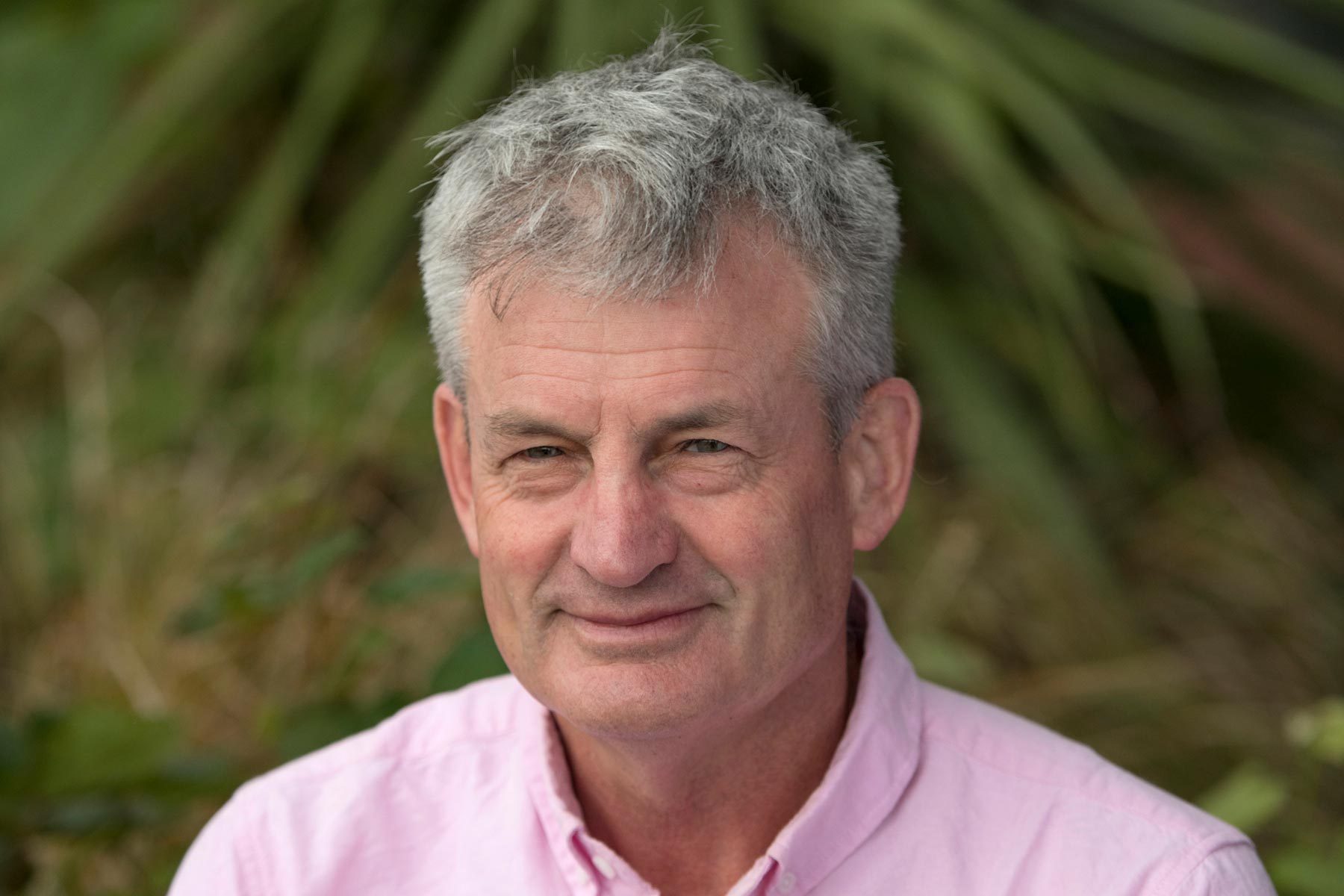
AFTER TWO AND-A-HALF YEARS and 140 options, He Waka Eke Noa offers two pricing mechanism options.
Fear of the emissions trading scheme (ETS), and what seems a lack of feedback and transparency over He Waka will not make it easy for farmers to decide.
It is a draft proposal, but should there have been more information and discussion with farmers well before it was released late last year? This may have led to more acceptable options.
There doesn’t seem to be a lot of time left for consultation and hammering out an acceptable option.
If farmers don’t come up with an option in April the Government will throw it into the emissions trading scheme.
One of the gripes from people in the industry was not addressing the reduction targets which were unfair and unworkable. They argue He Waka was the place to have dealt with the targets. Levy groups say the reduction targets were outside the scope of He Waka and can be dealt with later.
Critics say any analysis should focus on GWP*, a more accurate measure of ag methane emissions.
He Waka has bought farming time as it could have been in the emissions trading scheme nearly three years ago.
He Waka seems more political than science-based and if this is true then the only solution may be a political one.
There is an argument to take the short-term pain of being forced into the ETS rather than sign up for a poor He Waka option. There is also an expectation that the ETS is unsustainable and not reducing emissions enough by allowing emitters to pay a tax to sin; that it would be scrapped by a change of Government.
If ag sectors agree to He Waka and a poor deal, it will be hard for a future government to undo it.
With New Zealand about to be engulfed by Omicron the Government will have more pressing matters. Will it want to put ag in the ETS and risk protests highlighting the ineffectiveness of the scheme?
It seems crazy that NZ ag, the world’s most efficient, low carbon-emitting pastoral producer, will be penalised and forced to lower its production. It will only lead to the gap being filled by inefficient producers with higher carbon emissions. And for what?
NZ is less than a quarter of a percent of the global emissions.
One thing farmers must do is get involved and give their feedback to levy groups. It is the last chance.


